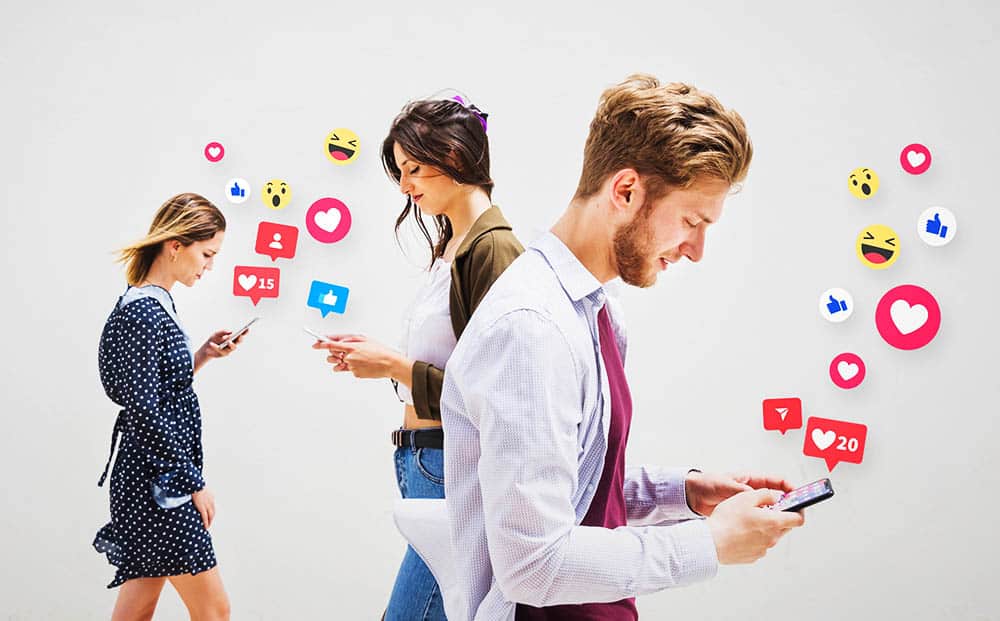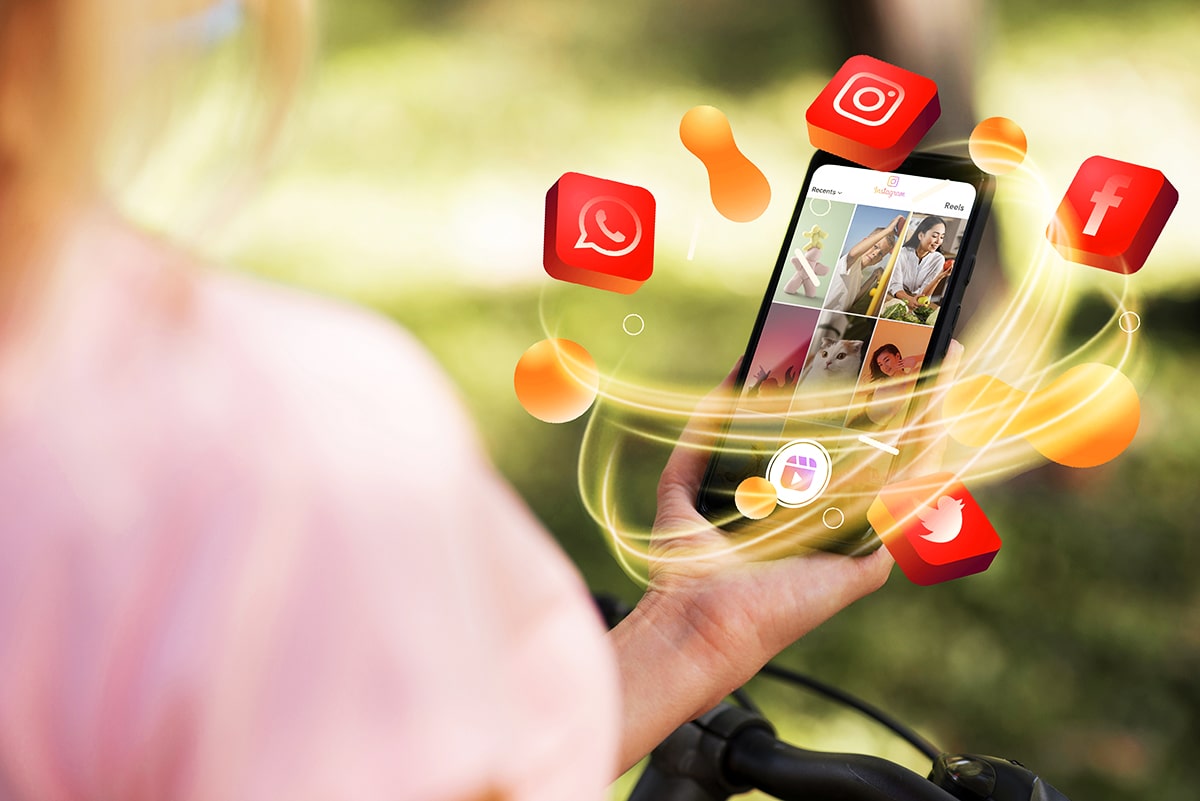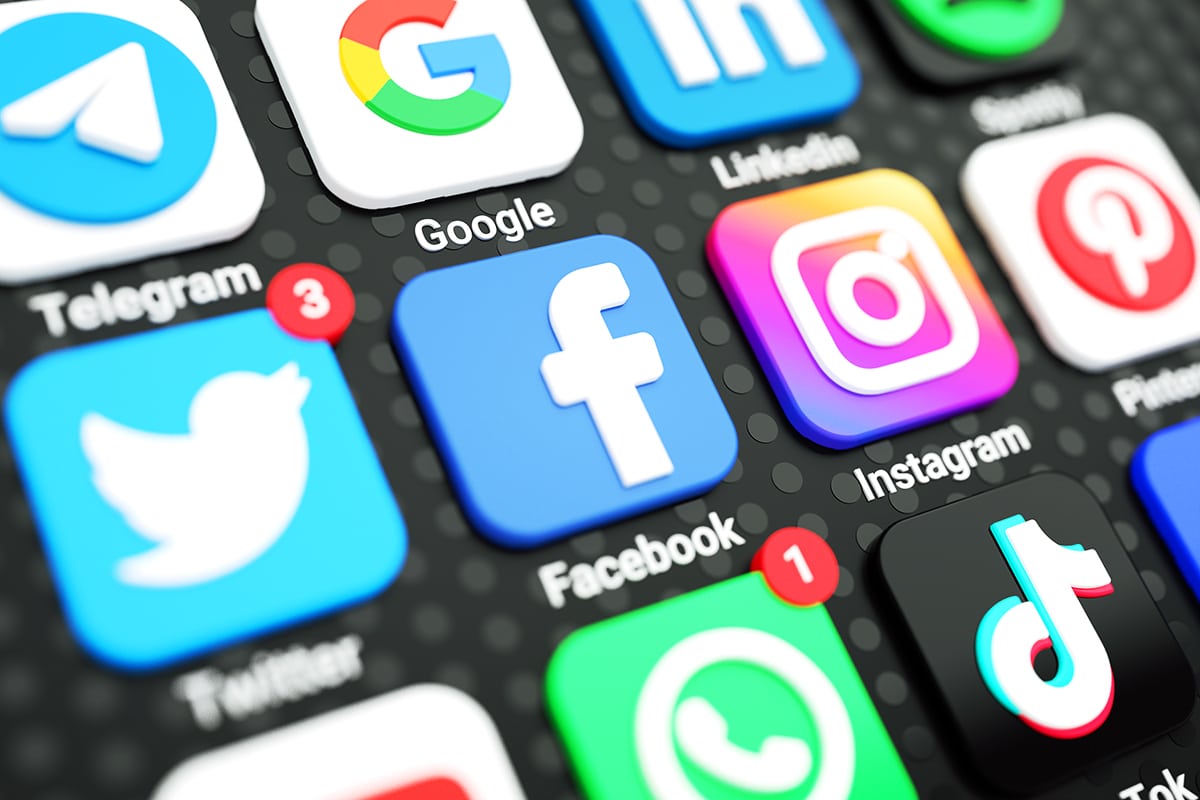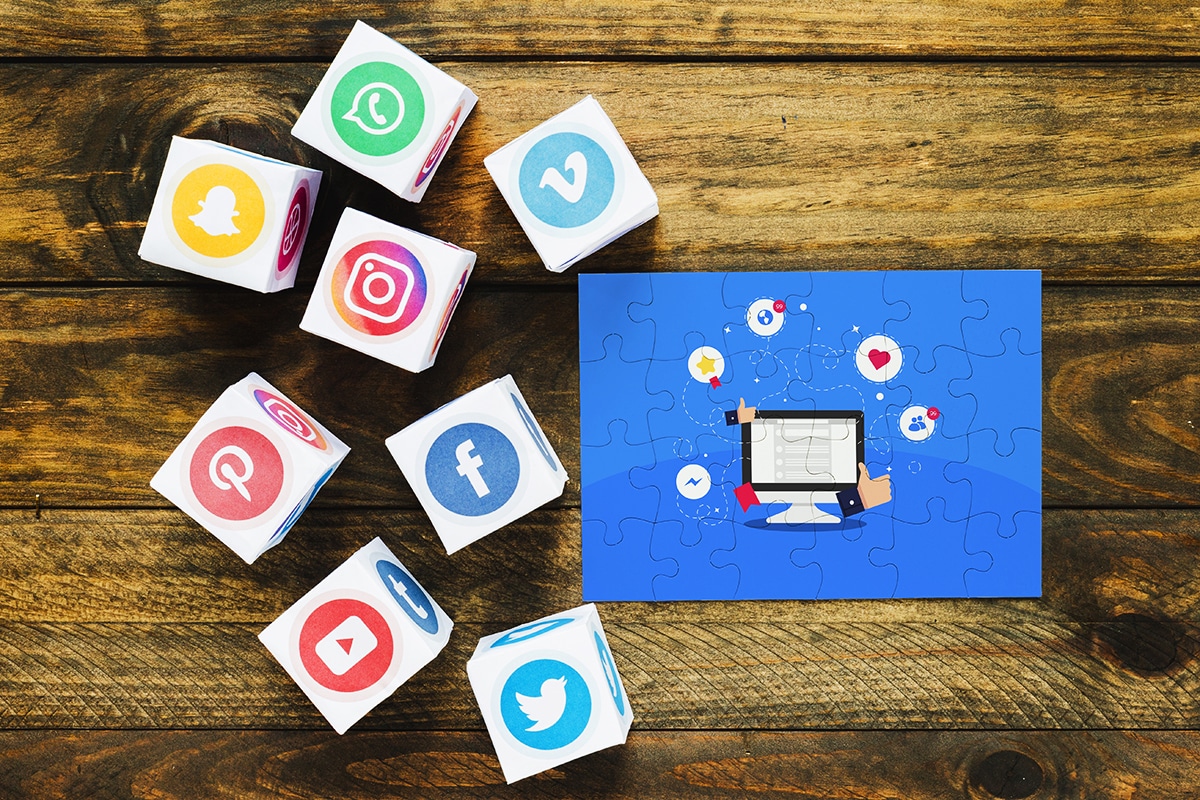The Changing Landscape of Politics
The world of politics is constantly evolving, adapting to new technologies and ways of communication. One such technology that has made its mark in politics is social media. Social media has become a game-changer in politics, allowing politicians to reach out and connect with their audience like never before. In this article, we will discuss the impact of social media in politics and why it’s crucial to pay attention.
The Power of Social Media
Social media has completely transformed the political landscape. In the past, politicians had to rely on traditional forms of communication, such as television and radio, to reach out to voters. This meant that they were limited in the ways they could interact with their audiences, and their messages often fell on deaf ears. However, with the advent of social media, politicians can now reach out to voters in real-time, engaging with them in ways that were previously impossible.
One of the primary benefits of social media in politics is that it’s free. Unlike television and radio ads, politicians can create social media accounts and post updates without having to pay exorbitant fees. This allows even the smallest campaigns to reach out to thousands of people, making it an effective tool for grassroots campaigns.
Another benefit is that it allows politicians to connect with voters on a more personal level. Social media platforms such as Twitter and Facebook are designed to be interactive, allowing politicians to respond to comments and feedback from their followers. This creates a two-way conversation, making voters feel heard and valued.
The Importance of Social Media in Politics
Social media has become an essential tool for politicians looking to connect with voters. According to a study by Pew Research Center, over 60% of American adults use social media, with younger demographics being the most active. This means that social media is an incredibly effective way to reach out to younger voters, who are often difficult to engage through traditional forms of communication.
In addition to reaching out to voters, social media also allows politicians to control their narrative. In the past, politicians had to rely on journalists to report their message accurately. However, with social media, politicians can post their own updates and responses, ensuring that their message is communicated clearly and accurately.
Social media has also become a critical tool for fundraising. Politicians can use social media to promote events and ask for donations, which can be collected online. This makes it easier for individuals to donate, as they can do so from the comfort of their own home. In addition, social media allows politicians to reach out to potential donors who they may not have been able to connect with otherwise.
Social Media and the 2016 Election
The impact of social media in politics was most evident during the 2016 U.S presidential election. Both Donald Trump and Hillary Clinton utilized social media extensively throughout their campaigns. However, it was Trump’s use of social media that became the most talked-about aspect of the election.
Trump’s use of Twitter allowed him to communicate directly with his followers, creating a sense of authenticity and transparency. While his tweets were often controversial, they generated a significant amount of attention, with news outlets covering every tweet he posted, making it a regular news item that could not be ignored. This allowed Trump to control the narrative and generate considerable support among his supporters.
On the other hand, Clinton’s campaign was criticized for not utilizing social media effectively. While she did have accounts on various social media platforms, her posts were often perceived as canned and impersonal, failing to resonate with her followers. This lack of authenticity hurt her campaign, and she ultimately lost the election.
How to Use Social Media Effectively in Politics
While social media can be a powerful tool for politicians, it’s essential to use it effectively. Here are some tips to help you make the most out of social media in politics:
Stay Active on Social Media
It’s essential to remain active on social media. This means posting regular updates and responding to comments from your followers. If you neglect your social media accounts, you risk losing followers and not reaching your target audience effectively.
Use Authentic and Engaging Content
Your social media posts should be authentic and engaging. Use images and videos to break up long blocks of text, and be sure to respond to comments from your followers. This creates a sense of personality and authenticity, fostering engagement and interaction.
Be Consistent Across All Social Media Platforms
It’s essential to be consistent across all social media platforms. Use the same profile picture and handle across all platforms, making it easier for people to find and follow you.
In Conclusion
Social media has become a game-changer in politics, providing politicians with a powerful tool to connect with voters in ways that were previously impossible. Social media allows politicians to control their narrative, reach out to younger voters, and fundraise more effectively. However, it’s essential to use social media effectively by remaining active, using authentic and engaging content, and being consistent across all platforms. If used correctly, social media can be a powerful tool for politicians looking to engage with their followers and win elections.




